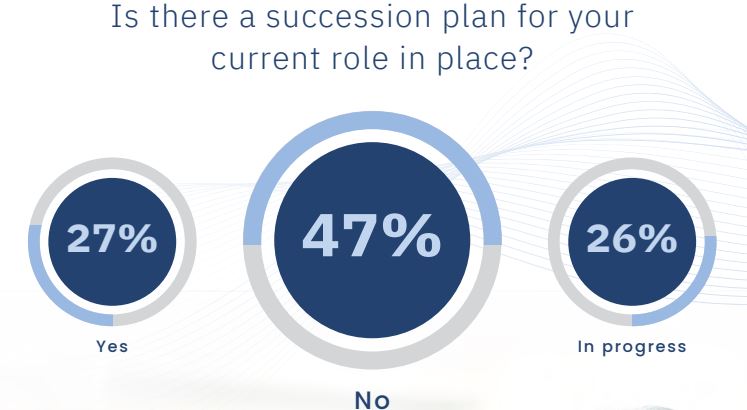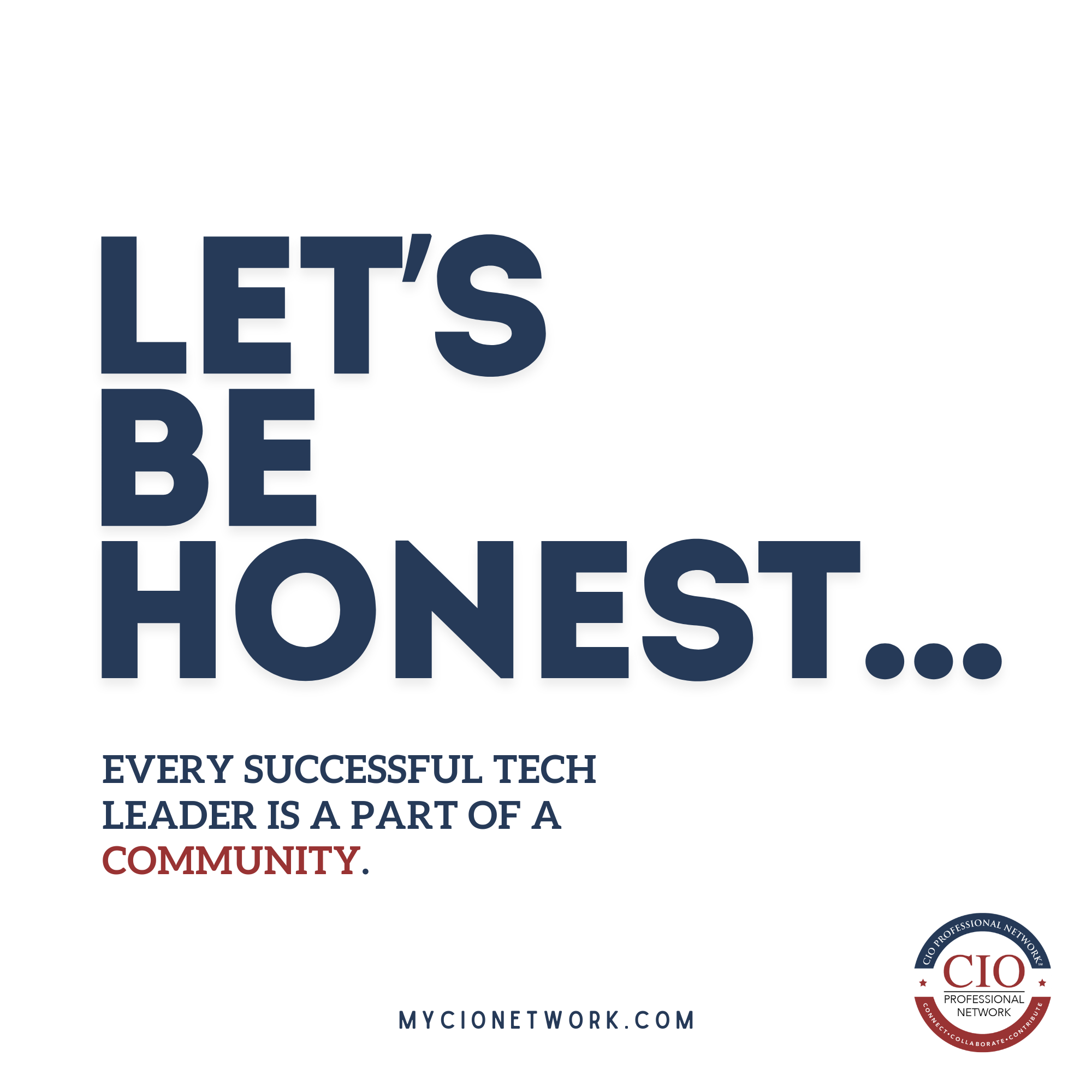In 2024, cyberattacks against hospitals and the healthcare sector have significantly increased, primarily due to the vast amount of sensitive personal information they store. As these threats grow, the role of Chief Information Security Officers has become more critical in ensuring data security.
A recent survey conducted by WittKieffer provides a look into the world of healthcare CISOs, highlighting hiring trends, work preferences, and the evolving nature of this essential leadership position. The study, which combines survey results with proprietary research on CISOs at the top 100 health systems nationwide, presents a wide look at an industry that has become a prime target for cyber attacks.
Healthcare organizations, facing these increasingly sophisticated threats, are turning to a diverse pool of talent from both within and outside the healthcare sector to protect their digital assets and patient data.
Backgrounds and Hiring Trends of Healthcare CISOs
One striking finding from the WittKieffer survey is the varied backgrounds of healthcare CISOs, revealing three distinct “phenotypes” among these leaders.
Hybrids, comprising 55% of the respondents, are information security professionals who gained experience in other sectors before transitioning to healthcare. Recent healthcare “transplants” make up 30% and consist of leaders who moved directly from another industry, often technology, into a healthcare CISO role. Healthcare natives, who began their careers in healthcare and rose through the ranks, represent 15% of CISOs. This mix of experience and backgrounds brings a wealth of perspectives to the healthcare cybersecurity arena, potentially driving innovation and cross-pollination of best practices from other industries.
Several significant hiring trends were highlighted as well. The majority, 61%, of health system CISOs were recruited externally rather than promoted from within their organizations. Leadership turnover is notable, with 42% of CISOs appointed within the last three years. Over half of these recent appointments, 51%, were experienced CISOs, indicating a preference for seasoned professionals.
A Growing Preference for Remote Work
A prominent trend among surveyed CISOs is the increasing prevalence of remote work. 55% of CISOs reported primarily remote work with infrequent onsite presence, typically quarterly or every few weeks and 61% considered the ability to work remotely as crucial for their next role.
Despite the perception that key figures such as a CISO should have a regular onsite presence, organizations are beginning to embrace flexible work arrangements to attract and retain top-tier information security talent. This approach aligns with the broader industry shift towards remote work and enhances the organization’s ability to recruit the best leaders in information security regardless of geographic location.

Healthcare CISOs: A Deep Dive into Talent & Leadership Trends – WittKieffer
Evolving CISO Reporting Structures
70% of healthcare CISOs confirmed that they report directly to the Chief Information Officer, compared to 13% reporting to the Chief Operating Officer and 2% to the Chief Legal Officer. This trend could reflect the relatively new importance and implementation of information security teams within healthcare organizations given the recent spike in cyberattacks on the industry.
As CISOs and their teams become more integral to business functionality, the potential for conflicts of interest may necessitate a reevaluation of reporting structures to ensure security protocols remain unbiased.
Aligning CISOs more closely with operational leaders, such as the COO, Chief Legal Officer, or even the CEO, may gain prominence in the future. While reporting to top executives endows CISOs with strategic influence, it risks disconnecting them from the IT department. Therefore, a balance is essential, enabling CISOs to shape security strategy via direct communication with the C-suite while maintaining close collaboration with IT to effectively integrate security measures and understand technology-related risks.
Scope of Responsibility and Succession Planning
An overview of the responsibilities of healthcare CISOs shows that the overwhelming majority are deeply involved in critical functions such as Security Operations, 98%, Security Architecture, 94%, and Governance Risk and Compliance, 92%, underscoring the vital role CISOs play in protecting business health, security, and sustainability.
Despite their crucial contributions, only 27% of CISOs reported having a succession plan for their role. Given the critical nature of their responsibilities, the absence of succession planning poses a significant risk to organizational security.
A comprehensive and proactive approach to succession planning is a crucial factor in achieving a seamless transition of leadership, and ensures the organization can still mitigate potential security vulnerabilities during that critical leadership transition window.

Healthcare CISOs: A Deep Dive into Talent & Leadership Trends – WittKieffer
Recommendations for Finding the Right CISO
The survey recommends that healthcare institutions today who are looking for their next CISO should cultivate an environment that attracts skilled information security leaders with diverse backgrounds and experiences. Emphasizing the sector’s unique opportunities and challenges can help draw top talent.
Additionally, to set your organization apart, the survey recommends offering performance incentives, flexible work locations, and clear pathways for professional development to build strong security teams and enhance overall cybersecurity resilience.
Also highlighted is the importance of developing a reliable internal talent pipeline, suggesting that organizations should nurture employees who could eventually fill CISO roles. Balancing the recruitment of experienced professionals with the promotion of internally developed staff possessing institutional knowledge ensures continuity, fosters loyalty, and leverages deep organizational understanding to maintain effective cybersecurity practices.
The Wrap
WittKieffer’s Healthcare CISO survey provides eye-opening insights into the rapidly evolving world of healthcare cybersecurity leadership, with the findings revealing a diverse talent pool, significant external recruitment, a preference for experienced professionals, and a critical need for improved succession planning.
The importance of these findings cannot be overstated in the current climate of increasing cyberattacks on healthcare institutions. As hospitals and medical centers become prime targets for hackers due to the sensitive nature of the data they handle, the role of CISOs has become pivotal in safeguarding patient information and maintaining the integrity of healthcare systems.
As the healthcare sector continues to digitize and innovate, strong cybersecurity leadership will be fundamental in ensuring that technological advancements do not come at the cost of patient privacy and safety.







